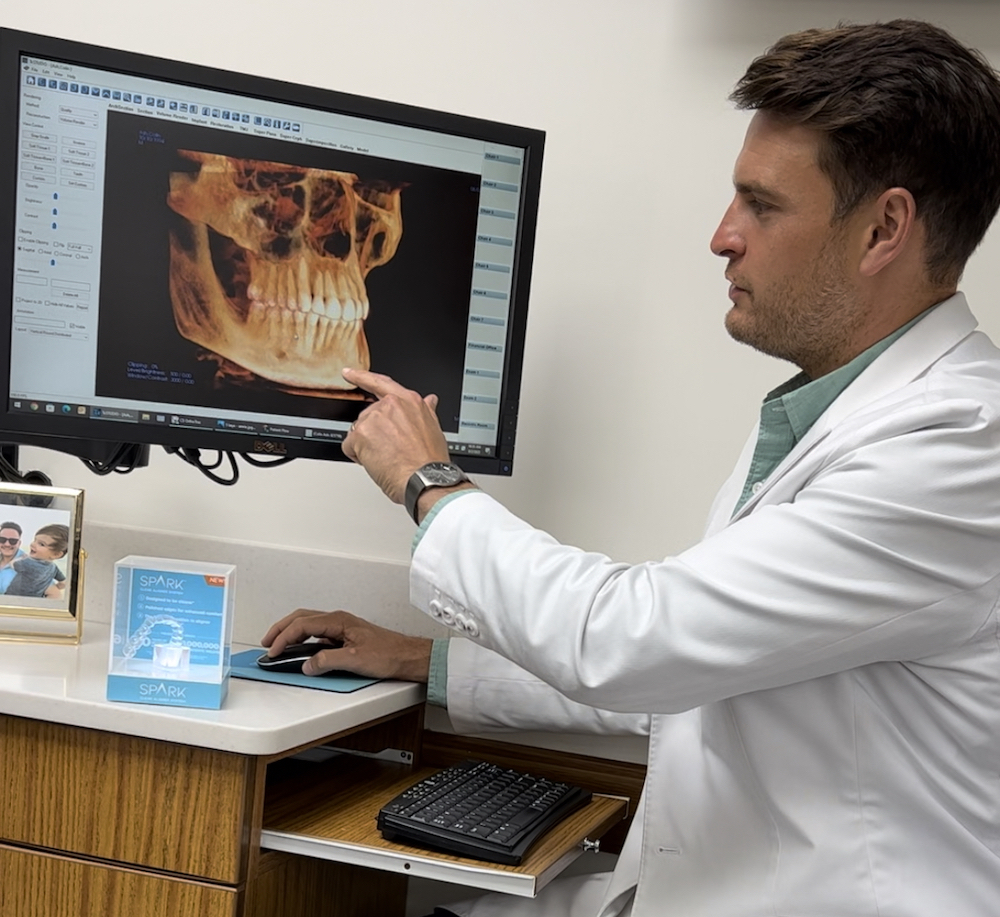
More patients using AI to understand medical test results

As patients gain faster access to their medical records through online portals like MyChart, many are turning to generative AI tools such as ChatGPT, Claude, and Gemini to help interpret lab results and clinical notes.
This trend reflects a broader shift: more patients, especially younger ones, are experimenting with AI for personalized medical explanations, according to an article by NPR. Studies show about 1 in 7 adults over 50 and 1 in 4 under 30 use AI for health information. Compared with past reliance on sites like WebMD or PubMed, AI chatbots stand out for their ability to generate tailored answers instantly.
Experts, however, caution about risks. Large language models, or LLMs, can produce “hallucinations” — convincing but incorrect answers.
"LLMs are theoretically very powerful and they can give great advice, but they can also give truly terrible advice depending on how they're prompted," said Adam Rodman, M.D., an internist at Beth Israel Deaconess Medical Center in Massachusetts and chair of a steering group on generative AI at Harvard Medical School.
Patients should also be aware of their handling of personal data, since most systems don’t comply with federal health privacy laws. Research has found that AI responses improve when patients carefully frame questions, such as asking one at a time or prompting the model to act like a clinician. Still, patients without medical training may struggle to spot errors, according to the article.
Physicians are also beginning to use AI to draft explanations of test results for patients. Early studies, such as one involving radiology reports, show that AI-generated summaries can improve patient understanding but sometimes misrepresent key findings, leaving some patients more confused.
Read more: NPR
The article presented here is intended to inform you about the broader media perspective on dentistry, regardless of its alignment with the ADA's stance. It is important to note that publication of an article does not imply the ADA's endorsement, agreement, or promotion of its content.